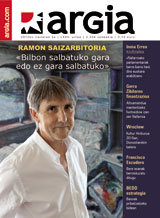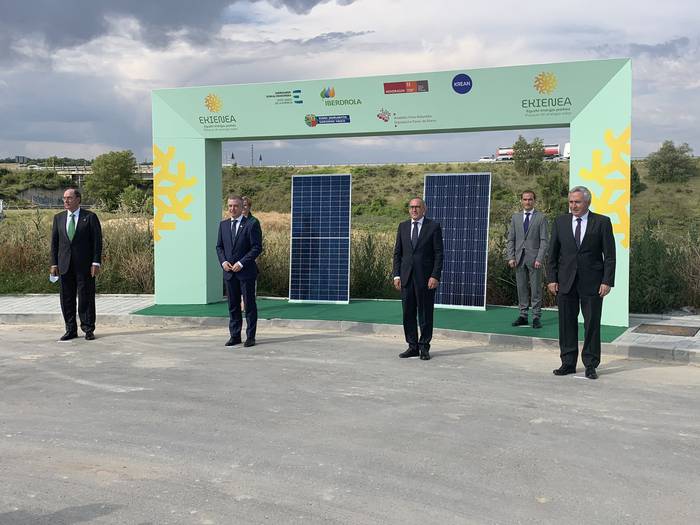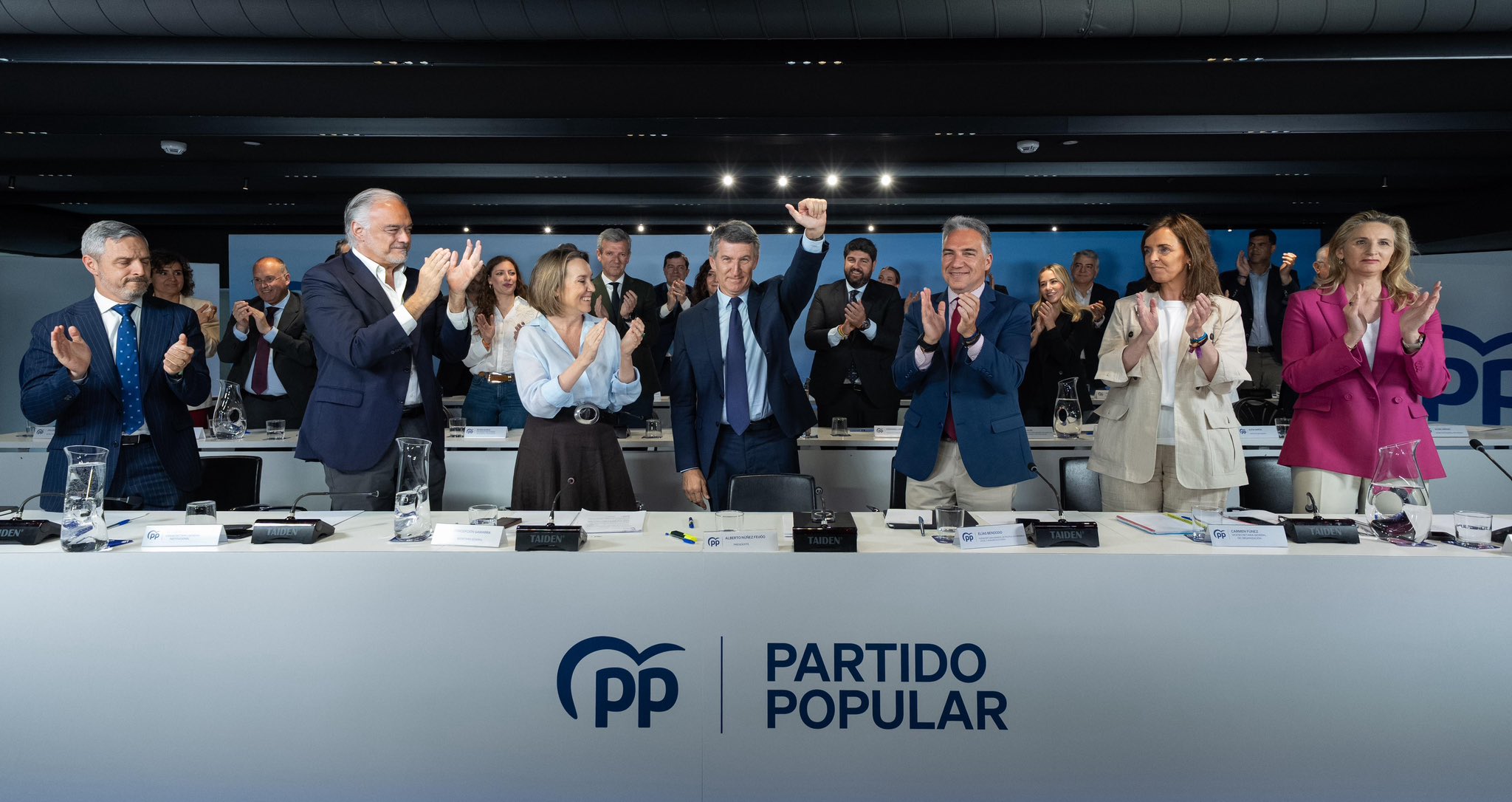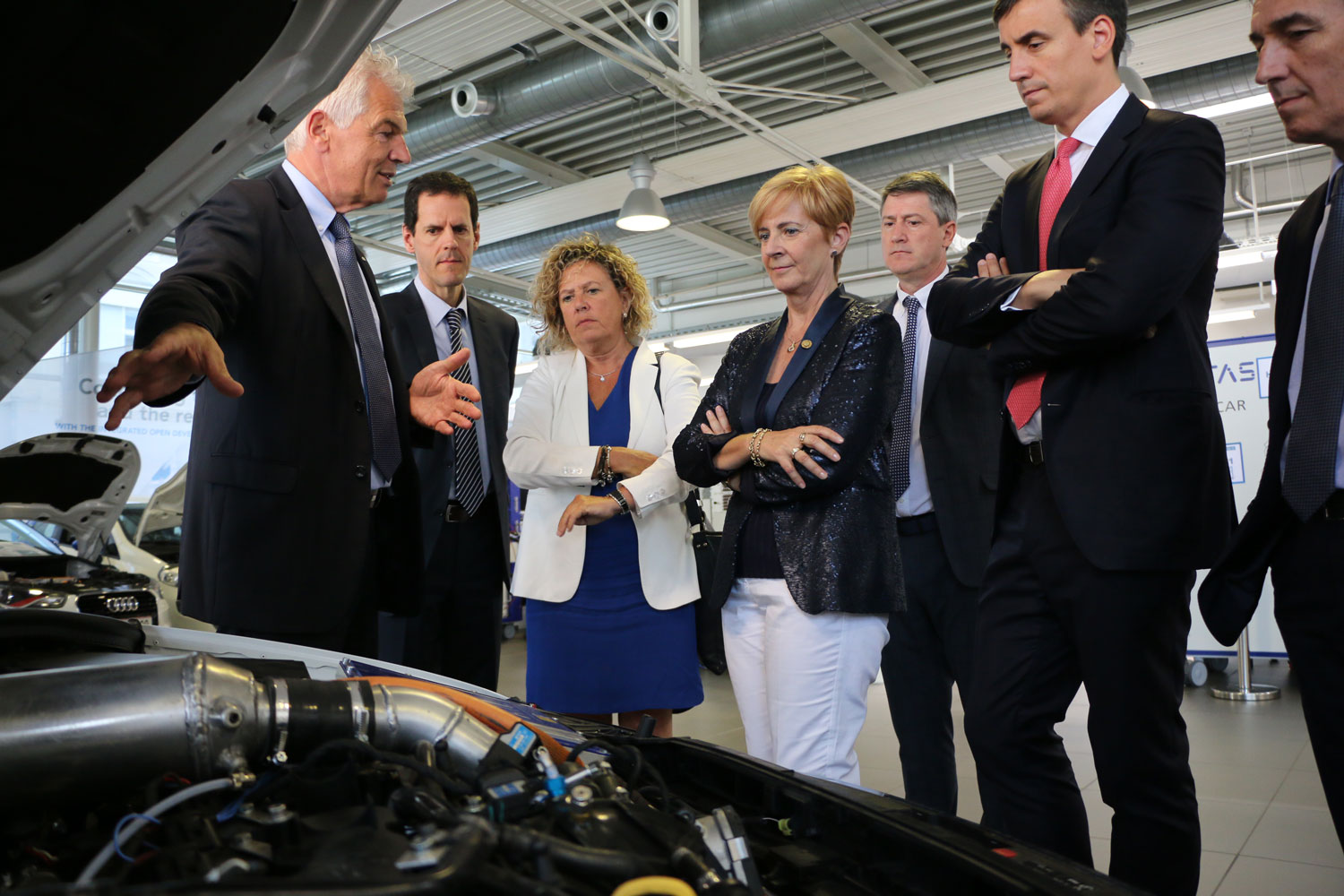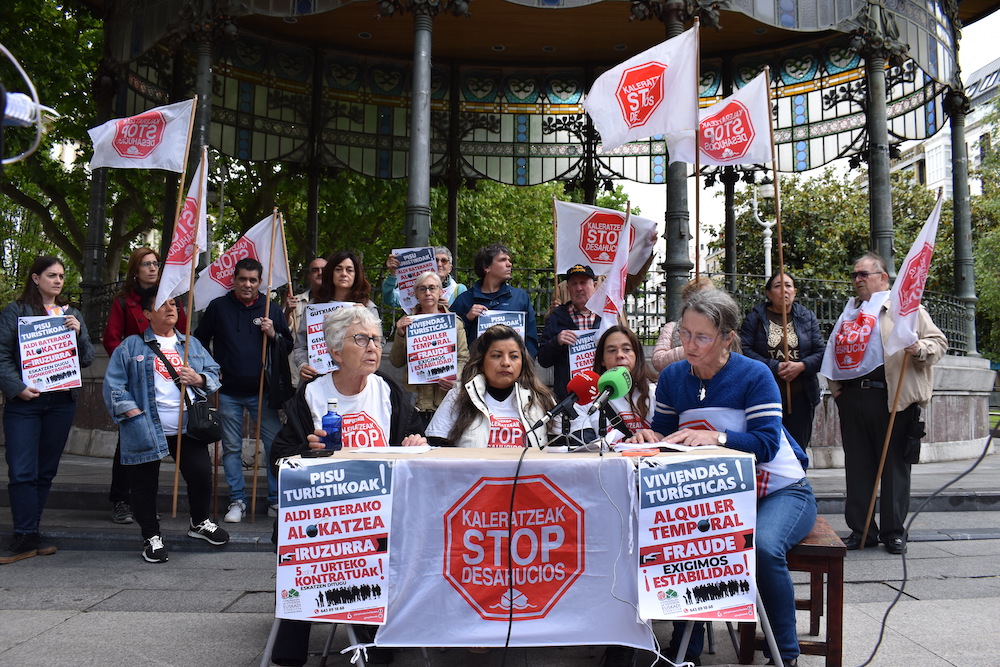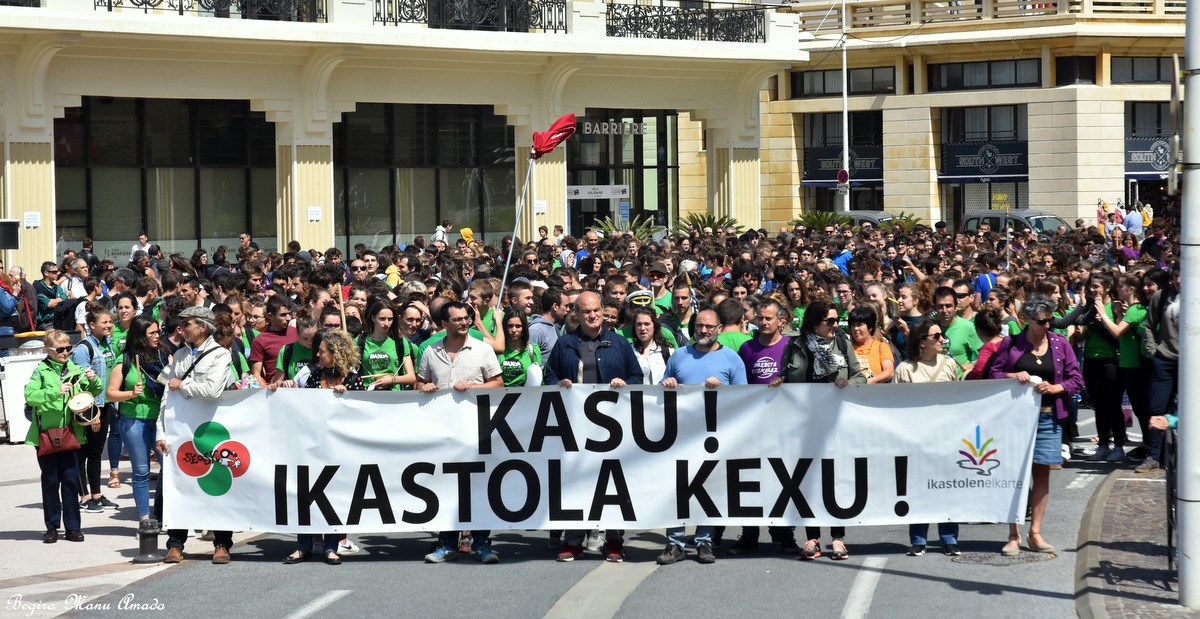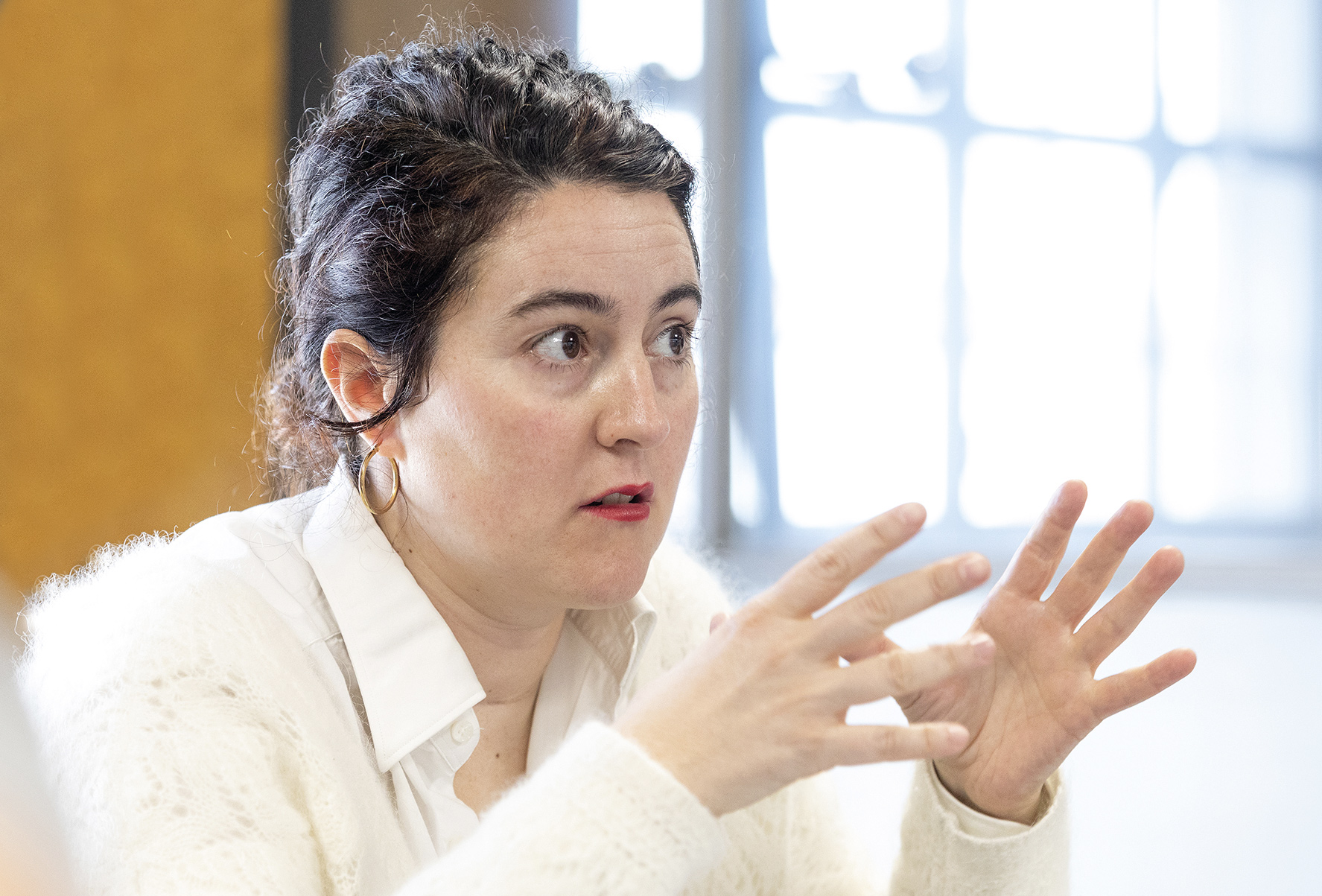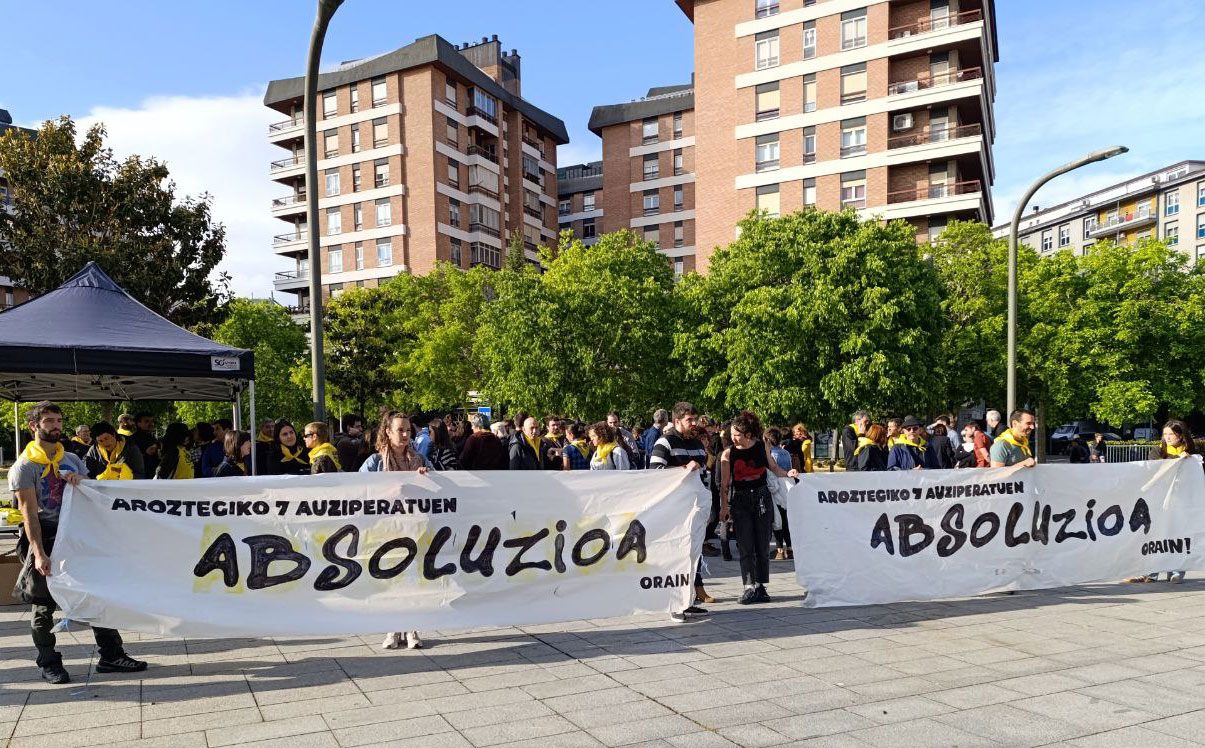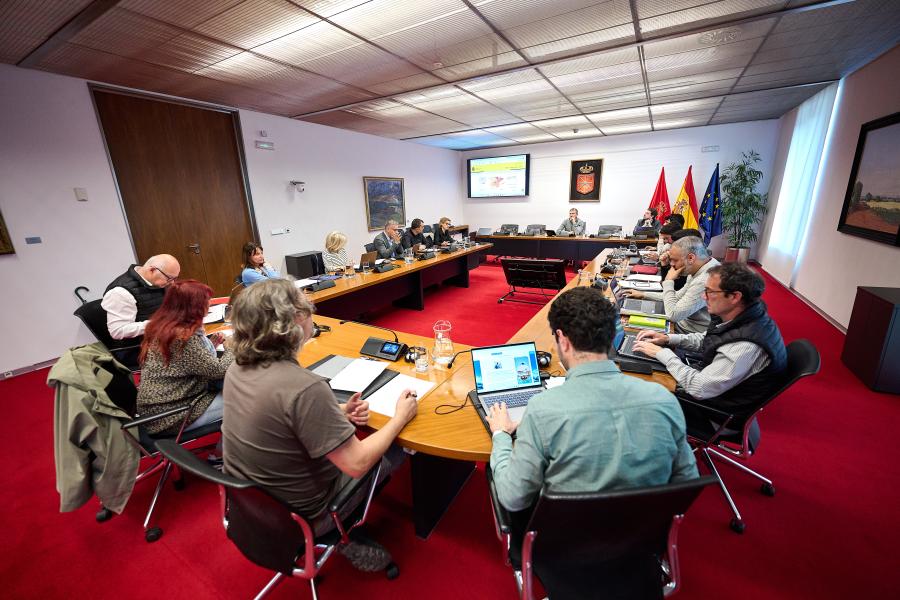Another elephant in our room: the credit summit
- At a conference with a striking name: moving in a room full of elephants, financial expert Nathan Hagens has warned of one of the great challenges we have today: Since the 1970s, we have created a credit-based economy to deal with the energy crisis. But this one has also reached the top.
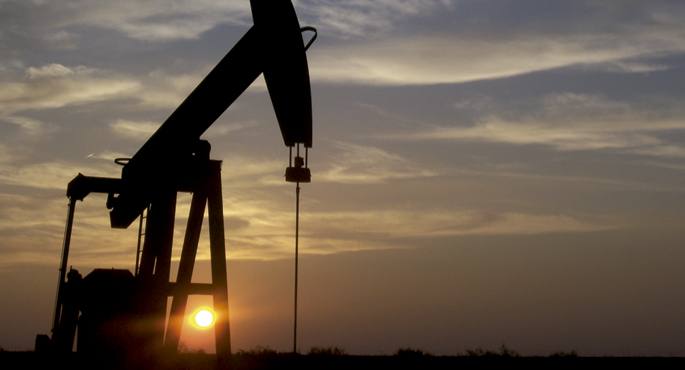
The barrel of oil is not worth 100 dollars. To get the same energy as that barrel, a person should work for 11 years, and as the U.S. worker earns an average of 45,000 dollars a year, the actual figure of the cuba would be 500,000 dollars. These accounts were drawn by financial expert Nathan Hagens, at the 10th Congress of the ASPO Association, dedicated to the investigation of the oil spike. Congress.
The Association for the Study of Peak Oil (ASPO) met 220 people in Vienna in June to discuss fossil fuels and the energy crisis. ASPO was founded by the founders of Peak Oil theory, Jean Laherrère and Colin Campbell. According to this theory, oil production will hit as high as possible and then there will be a decline in it. 80 percent of the energy we consume in the world comes from oil.
Jump from Lehman Brothers to a modest farm
It is increasingly recognising that the phenomenon is already taking place; for many, oil production reached its peak in 2010 and the current financial crisis could result from this. Nathan Hagens has researched the relationships between economics and ecology, it's not just that. University theses and master's degrees will cause the reader more astonishment when reading in his resume that Lehman was vice president of Brothers. But he stopped making complicated algorithms for companies and moved from Wall Street palaces to a modest farm in the United States. United States
Since then, he has tried to understand what drives human beings to consume, what relationship exists between money and this finite world. What fails. In his view, economists who run finance do not understand the physical world, as many scientists do not understand the economic accounts and do not understand them. So, Hagens got a PhD in natural resources and started editing The Oil Drum magazine. He is currently a member of the Post Carbon Institute, among others.
At the Vienna Assembly, Miguel Strogoff stood out when he heard this phrase: “The tip of the credit is closer, it’s a more serious problem than the tip of the oil.” In recent decades, we have created a credit-based economy to deal with the energy crisis, buying the money of the future: “We are stealing our children.” But money doesn't generate energy, with money, we only get energy to recover faster.
Following the ASPO conference, journalist Alexander Aoiz held an interview with Nathan Hanges Energybulletin.net in the numerical magazine. In it, the American sums up his theories very well. The dialogue has spread at the speed of lightning on the network, both in its original English version and in the Spanish version of Rebelion.org. Here are some significant passages from Hagens' words in this interview.
“Energy has always been the main driver of societies, but in the last 30 years we have not been able to pay for the energy supply we wanted in real time, so we have launched more money in the form of credit to pay for that energy. (…) If our economic problems started because of the impact of more difficult and expensive energy to eradicate, the problem now is the amount of financial requirements in the developed and developing world.
Our society, Europe, the United States and more and more China and elsewhere, has become accustomed to a high level of stimulation and consumption. (…) Every day we wake up to the need for a certain number of dopamine/neurological stimulation and our culture is prepared to get these brain chemicals, consuming them and competing for their intensive use. In a world with finite resources, that's a problem. People want ‘more’ and they manage to snatch other people, other species, other generations. This leads me to say that this situation has been caused by ‘excessive forecasting’, and not by ‘energy scarcity’.
[The journalist then replies with astonishment: but he cannot say that to the two billion poor who are in an unattainable situation]. Really, yeah. People in India will have a much easier transition to an end to global growth than in the United States, because they have never been subjected to these complex international flows and their brains have not needed high levels of stimulation and innovation. When those disappear, people will have a bad time in the United States and Europe; in India, most of them will follow their daily lives. That is why I believe that the equitable distribution of energy and resources is important.
In the 1920s and 1930s, we had a credit crisis, but then we had cheap energy and a lot of resources left. In the 1970s, we suffered a resource crisis and opted to move towards a credit-based economy. We turn the dollar into a global pattern and generate massive amounts of public and private debt. But now, in both of us we have found limits: it is a real crisis, and credits and resources are no longer enough to feed growth.
There is a clear connection, even if it is not accepted, between money and energy. Money is the demand for energy and future resources; debt, as is the demand for money for the future. Debt does not generate energy, but having the debt by hand makes it easier for energy to be extracted more quickly. Just as in a barn like Cantarell, horizontal holes and nitrogen injections allow more oil to be taken out once and for all, debt does to the economy.
The supply-side and debt-creating economy is too rooted in the economic establishment. Debt does not have to be bad. It's just bad to give back what we spend when it's not productive enough. What we need is a Keynesianism at the peak of oil. What we have is turbofinance Keynesianism.”
231.000 panel jarriko dituzte, Arabako hego-mendebaldeko ehun hektareatan zehar: Armiñonen. EUskal Herriko bigarren eguzki parke handiena izango da.
PPk Senatuan proposatu du, gainera, euskal preso politikoek damua erakutsi behar izateko xantaia areagotzea.
Maiatzaren 22an EAEko Legebiltzarrak mila milioi euro zorpetzeko lege proiektua onartu du “zientzian, teknologian, enpresan eta industria sektorean eragiteko”. Naiz hedabideak jakitera eman duenez, Eusko Jaurlaritzak KPMG Asesores SL enpresari eskatu dio plana... [+]
Donostiako Parte Zaharreko maizter batek 11 hilabeterako alokairu kontratua bost urterako legezko kontratu bihurtzea lortu du.
Washingtonen Israelek duen enbaxadako bi langile tiroz hilda agertu eta gero egin ditu adierazpenak Netanyahuk. Israelgo Gobernuak zuzenean lotu ditu Washingtongo erasoak eta Europako zenbait gobernuburuk Gazako sarraskiaren aurka egindako adierazpenak.
Mireia Centeno Gutierrez psikopedagogoak haurren elikaduraren inguruko zenbait gako eman ditu; hala nola jatera behartzeak eta jakiak debekatzeak dituen ondorioak aipatu ditu.
The defendants testified on Thursday, and their statements could be summarized as follows: The citizens who gathered in the square of legumes or in the camping area decided collectively what to do, in general, to go to the field of the works and put them passively in... [+]









